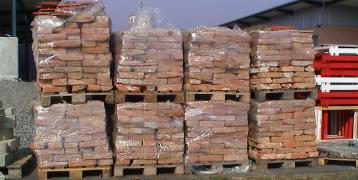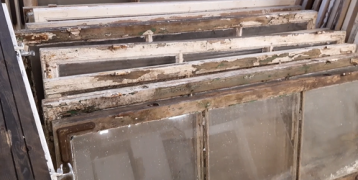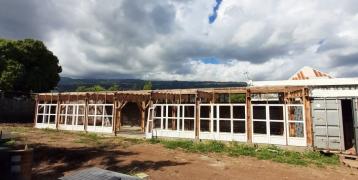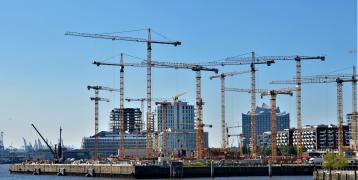Sustainable and circular construction
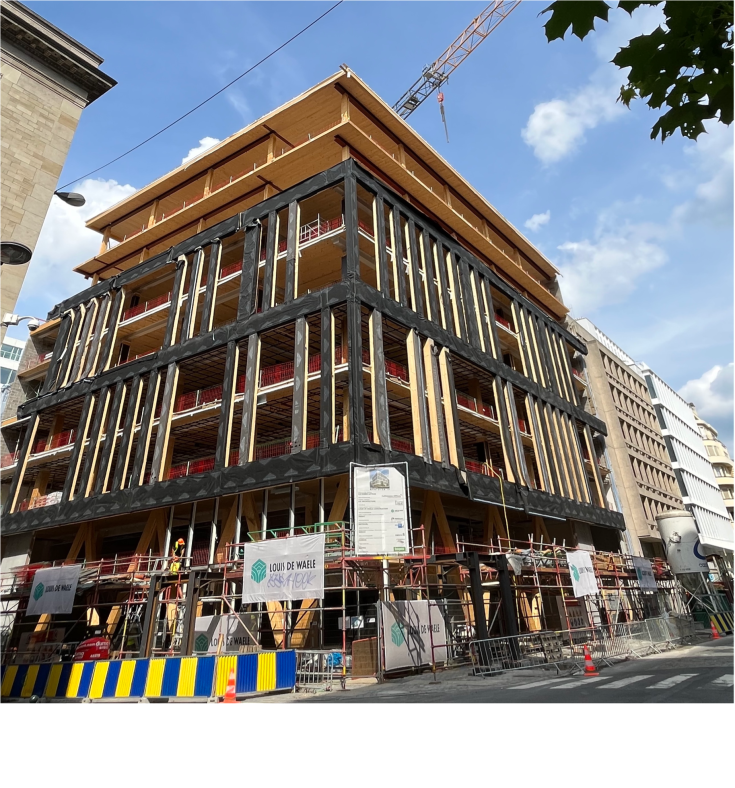
The construction industry is one of the world’s largest energy and raw materials consumers. In the EU, it makes up for almost 40% of emissions and nearly a third of all waste.
Only around 40% of construction waste is recycled or reused when buildings are demolished. In most cases, recycled construction material is used in second-grade construction, rather than new buildings. Adopting a circular approach in the building sector has great potential to deliver environmental, social and economic benefits.
Circular construction requires rethinking how buildings are designed by reducing embedded carbon, using recycled or bio-based materials, designing for material and component reuse and extending the life of buildings through maintenance.
The EU Circular Economy Action Plan considers the construction sector one of the eight sectors with the highest potential for circularity and outlines a set of actions to be taken. Similarly, the Waste Framework Directive sees construction and demolition waste as a priority waste stream.
Local and regional authorities can drive the change in the construction sector. Local governments manage a vast portfolio of public buildings and have enough purchasing power to impact the market conditions. They can:
- Adopt green public procurement practices
- Develop pilot projects
- Raise awareness
- Support data sharing
- Stimulate collaboration among stakeholders
This policy brief provides an overview of EU initiatives to inspire local and regional authorities and showcase practical examples of stimulating the transition to a circular and sustainable building sector.
You will find a selection of good practices from Interreg Europe projects such as KARMA, INERTWASTE, CONDEREFF, POTEnT, REPLACE and REDUCES, with a high degree of replicability in other municipal contexts.
Policy brief
Download the policy brief below.

